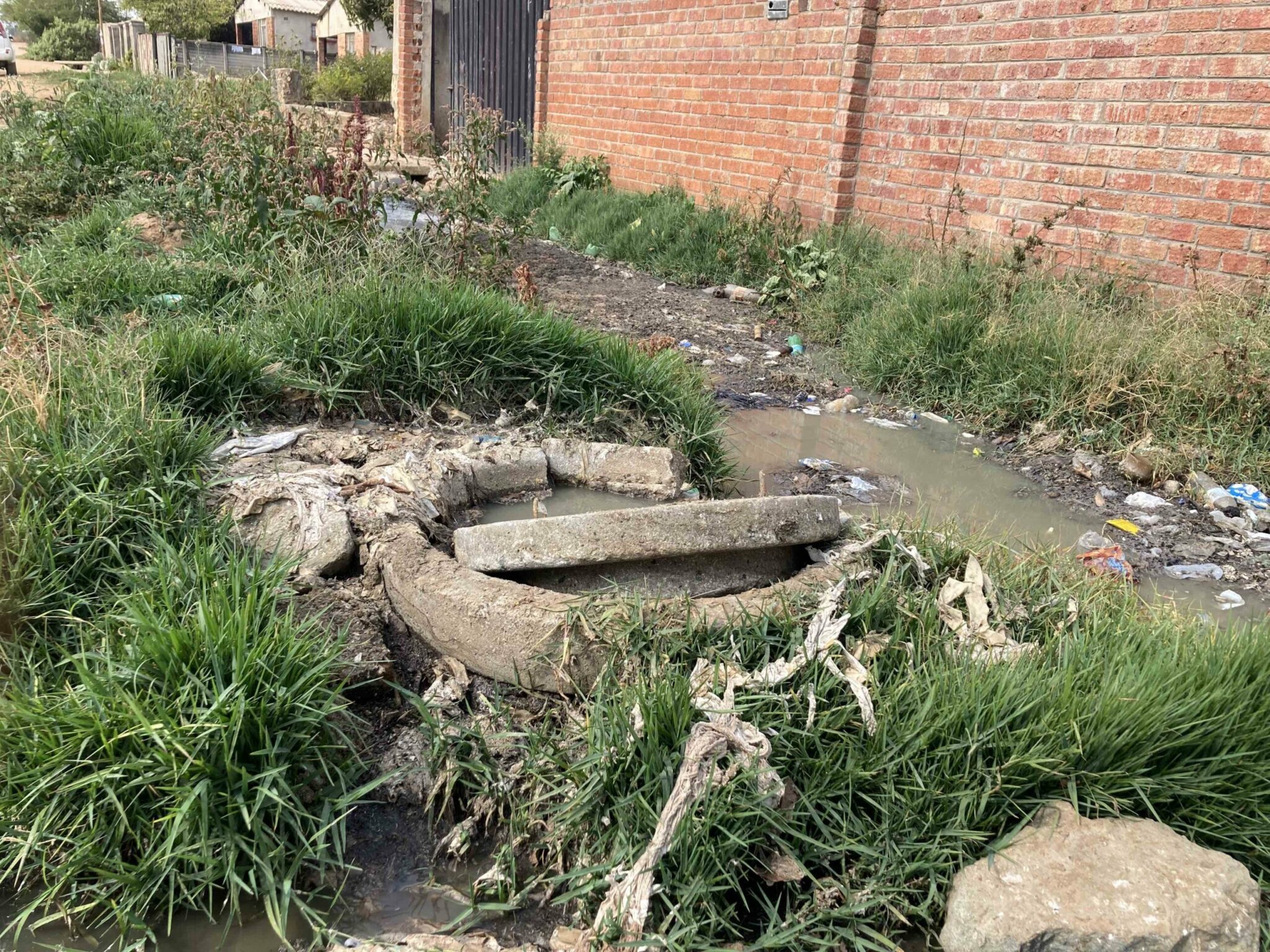Senators have called for refuse bins to be made available in every household and for the revamp of sewer pipes to ensure they accommodate the larger population in urban cities as efforts to address litter challenges.
During a recent senate session focusing on national clean-up strategies, senators emphasised the necessity of implementing measures to address urban waste management challenges.
Harare Province CCC Senator Miriam Katumba stressed the importance of providing refuse bins in every household, noting that urban infrastructure hasn’t kept pace with population growth.
“Looking at the urban areas and the environment, especially with regards to litter, I think if it were possible, refuse bins are very important and they must be available in households. When the cities or towns were made, the population was still low. I think we have retrogressed instead of increasing the facilities.”
She also highlighted the need for more frequent garbage collection to mitigate littering.
Katumba also noted the urgency of upgrading sewer systems to accommodate larger populations, suggesting that outdated pipes contribute to environmental degradation.
“When these systems were put in place, the residential areas were still small and the pipes had not been replaced. The pipes are now old. If we look at road networks, we see that there is rehabilitation taking place, and I believe the sewer system must also be revamped to ensure that we get bigger pipes following the increase in population. This would lead to cleaner environments in our surroundings,” she said.
She called for increased government attention to waste management policies and resource allocation.
In agreement, Harare Province ZANU-PF Senator Sipani Hungwe said the local authorities must be accountable in managing municipal resources, urging for transparency in revenue utilisation.
“Urban dwellers pay rates and pay for their houses. If you read that receipt, it tells you that you pay for sewer and garbage collection, and you also pay for street lights and roads. As I said earlier that I am an urban dweller, still, I do not know where the collected revenue goes.”
“Our city fathers that we have these days, I do not think that they ever consider what their responsibility is, which is the day-to-day welfare of people to ensure it is clean everywhere. I think our councillors need to be taught because there is nothing that we can do without litter bins. If you go around residential areas, you find litter everywhere,” she said.
She emphasized the role of city councillors in maintaining cleanliness and called for their capacity building.
Echoing similar concerns, Bulawayo Province CCC Senator Ritta Ndlovu pointed out the proliferation of illegal street vendors contributing to urban littering.
“In Bulawayo, every street has some vendors operating from it. If you go to the main markets, some people who operate from there do not reside in Bulawayo. They are now staying there with their children and their husbands. They are found to be selling their wares from there throughout the day and these people do not reside in Bulawayo.”
“Most of the litter found in the streets is litter that is being created deliberately. Most of the people are operating illegally from the streets. We have markets that have been allocated legally but people choose to move out of the legal places to operate from outside the markets illegally, and each time council comes to these places, it ensures the people are moved from the illegal places, but most of them say that they are protected, so they do not need to be chased away from those places. I am referring to things that are happening on the ground,” she said.
Ndlovu said there is a need for empowered local governments to address illegal vending and called for the timely disbursement of devolution funds to support municipal functions.

